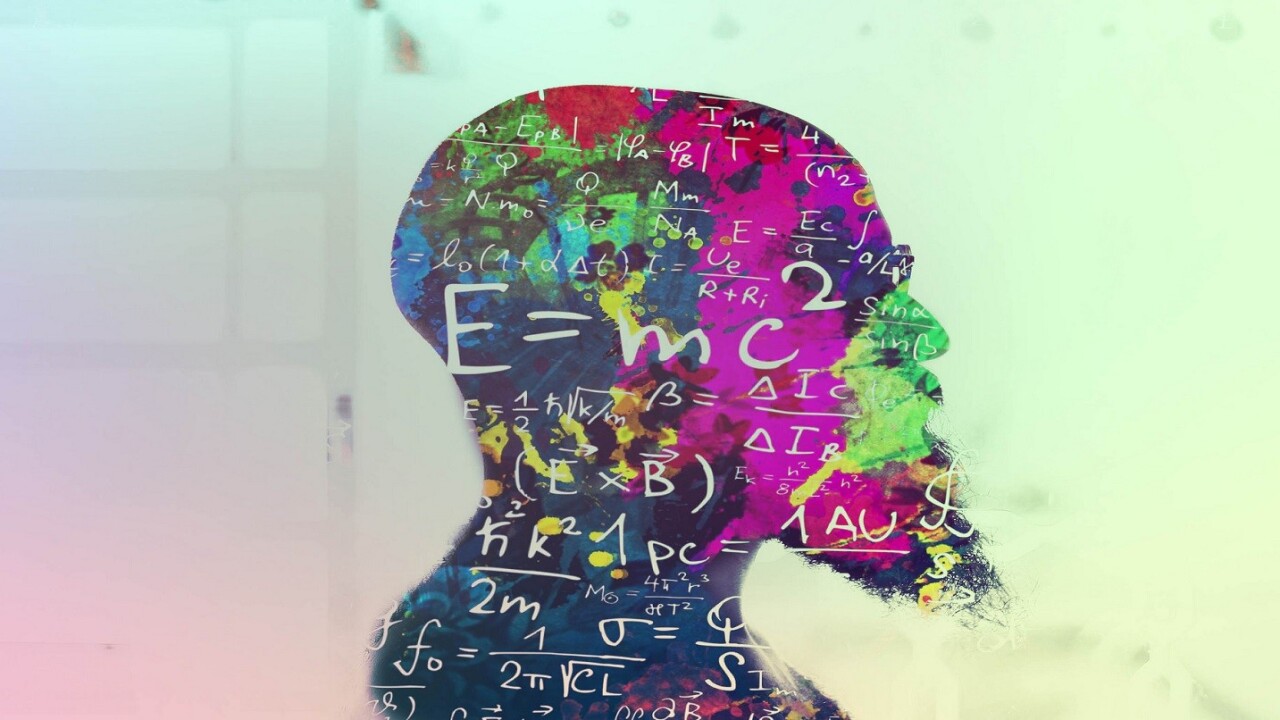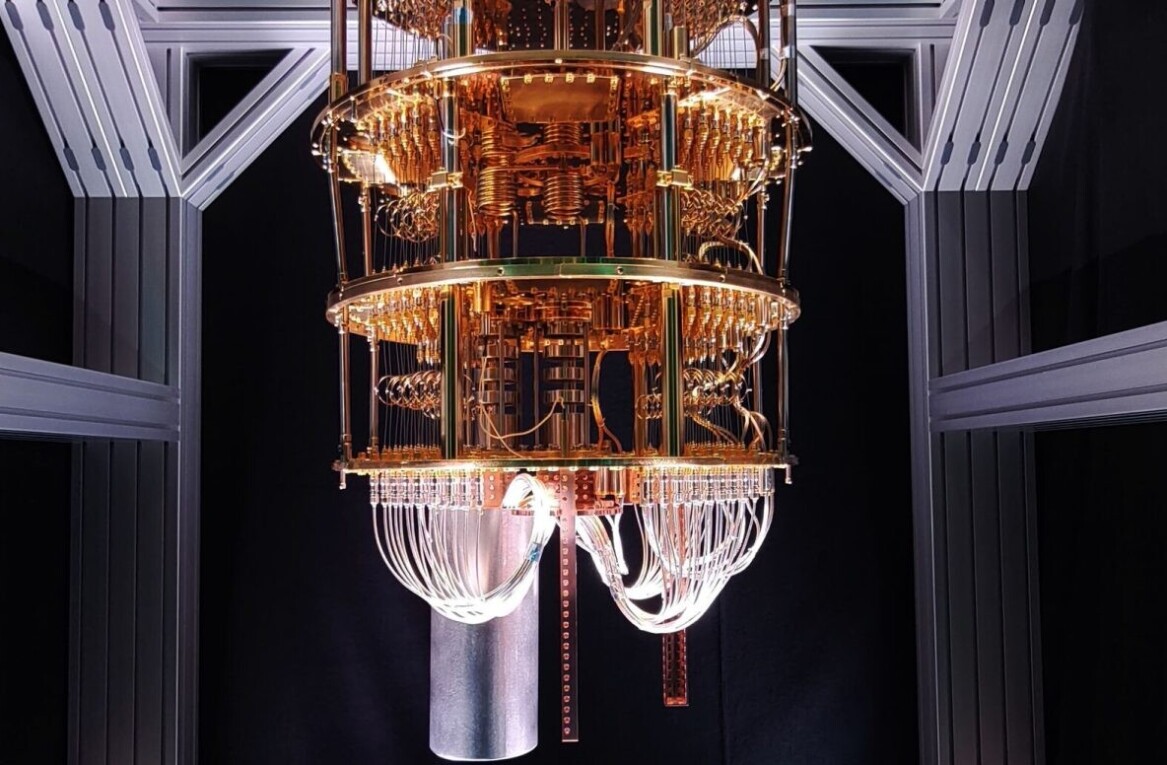
Two independent research teams recently published studies indicating they’ve successfully teleported a qutrit — possibly within days of each other. Now, both await the scientific process of peer review to see which will ultimately get credit for being the first humans to do so.
But what’s a qutrit? It’s a lot like a qubit, an entangled pair of particles used to carry information in a quantum computing system. Qubits are analogous to bits, the binary units of information used by classical computers like the one you’re reading this on. Where bits can be represented by the numbers zero and one, qubits can be zero, one, or both at the same time. Trits, used in classical ternary systems, add a two into the mix. And qutrits are the quantum version of trits, capable of carrying more information than their qubit counterparts.
They’re also not as noisy as qubits. But they’re difficult to create and, until now, their use in quantum systems has only been theoretical. Which brings us to the friendly rivalry between the groups, one headed by physicist Guang-Can Guo and researchers at the University of Science and Technology of China and another lead by Anton Zeilinger of the Austrian Academy of Sciences. Guo’s team and Zeilinger’s published their papers on 28 April and 24 June respectively. Both papers, however, are pre-prints. This means they have yet to receive full peer review.
Scientific American reports there’s a bit of professional nitpicking going on between the two teams as they await verification and validation from the scientific community at large. With Zeilinger’s group questioning the validity of some of Guo’s team’s claims. Still, both admit the other successfully teleported a qutrit, it’s now down to the scientific community to sort out who gets credit for being first.
All rivalries aside, both teams deserve credit for demonstrating an amazing, novel scientific feat with potentially revolutionary implications for quantum computing. One of the biggest problems facing physicists focused on building quantum computer technology is noise – errors that occur due to the fragile nature of conducting measurements at the quantum level. Qutrits should have an advantage of qubits that could allow for the transmission of greater amounts of information with less overhead and fewer errors.
Of course, this work is still in the experimental stage. Scientists could be years or even decades away from finding a practical use for teleporting qutrits outside of the laboratory environment. But every scientific journey begins with a single breakthrough – even if it’s difficult to sort out which team got there first.
Get the TNW newsletter
Get the most important tech news in your inbox each week.





